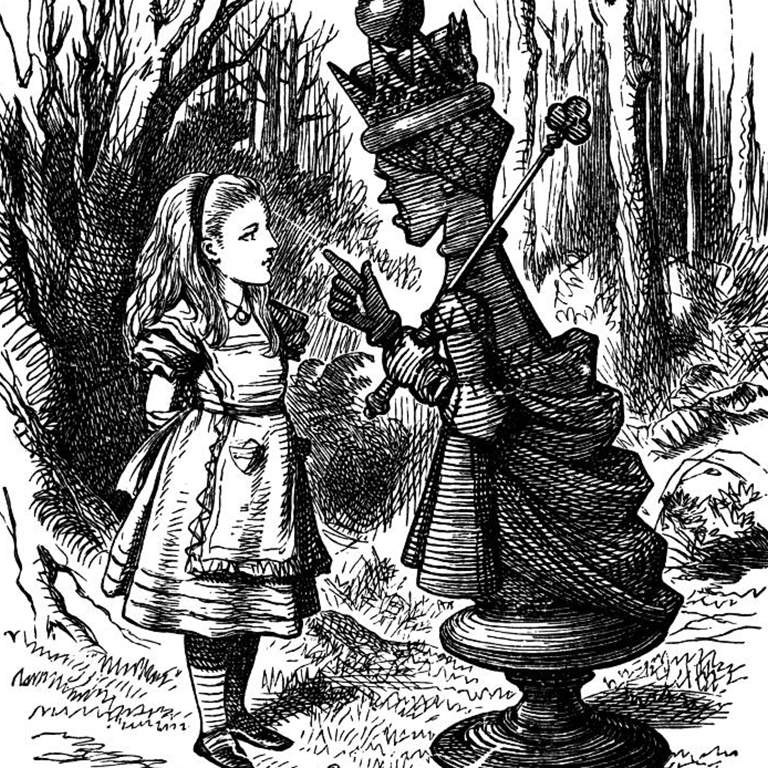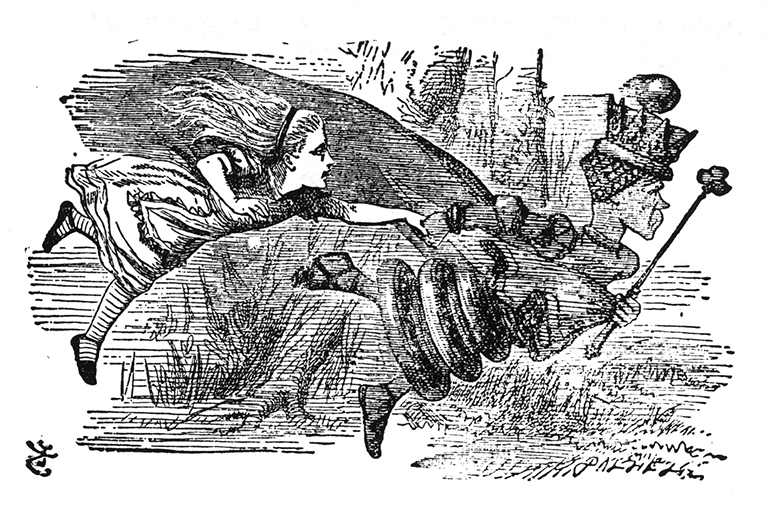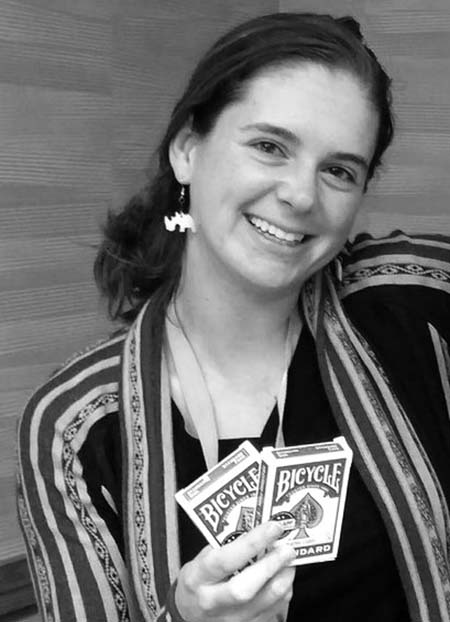Students learn science best by doing. That’s what the data say—students perform better in science courses when professors replace lecture with more active forms of learning, like discussion, group work, and case studies. Active learning techniques can even reduce the achievement gap between students from disadvantaged vs. nondisadvantaged backgrounds (as shown by former IU postdoc David Haak and colleagues, Science 2011).
As an evolutionary biologist, I want to know: how can students engage directly with evolutionary concepts in the classroom? Teaching evolution is notoriously challenging. There are of course the pervasive misconceptions and controversy surrounding evolution. On top of that, its temporal nature means students don’t typically get to “see” the evolutionary process unfolding. Yet evolution is the most fundamental of the biological sciences—a failure in the evolution classroom reverberates throughout the rest of a student’s biology training.
Games offer one solution to this challenge. Like computer simulations, students can use games to rapidly play out evolutionary scenarios. Playing cards are particularly useful: they’re cheap, and their familiarity automatically eases students into the exercise. IU Professor Curt Lively, former IU postdoc Devin Drown, and I developed the Red Queen game to teach host-parasite coevolution using playing cards. In our game, students collaborate to generate data and test predictions of the Red Queen hypothesis, a core hypothesis in evolutionary biology. It proposes that host-parasite coevolution maintains genetic variation in populations.



 The College of Arts
The College of Arts